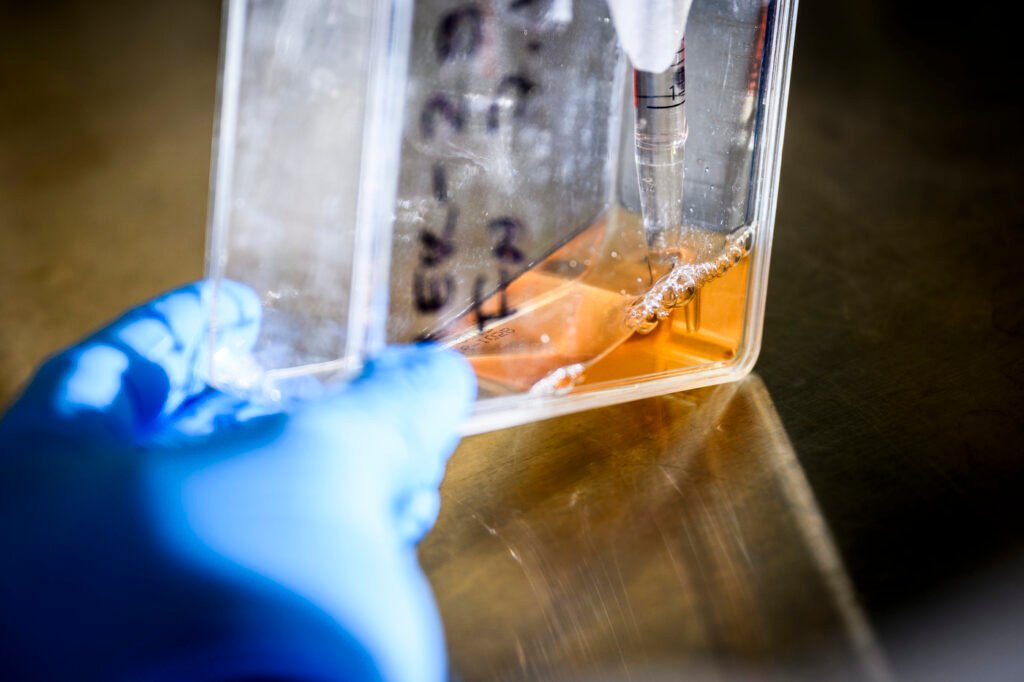Researchers at Northeastern University have developed a novel photoimmunotherapy technique that uses near-infrared light to activate a drug bound to an antibody targeting melanotransferrin (MTf), a protein found in melanoma and triple-negative breast cancer. These cancers are notoriously resistant to conventional chemotherapy, which often causes systemic toxicity and adverse side effects. The new approach offers a highly targeted alternative by combining antibody specificity with light-triggered activation.
The therapy hinges on a SNAP-tag protein that links a light-sensitive drug to an antibody designed to bind MTf. Once the antibody-drug complex reaches the tumor site, near-infrared light activates the drug, producing reactive oxygen species that selectively kill cancer cells. This localized activation minimizes damage to healthy tissues and avoids the immune overstimulation often seen with multi-drug regimens.
Triple-negative breast cancer lacks three key receptors—estrogen, progesterone, and HER2—making it difficult to treat with receptor-targeted therapies. Melanoma, similarly, has proven resistant to many chemotherapeutic agents. By focusing on MTf, which is overexpressed in both cancers, the researchers created a single-drug system that enhances precision and reduces toxicity.
The innovation could revolutionize treatment for patients with limited options, offering a path toward personalized, minimally invasive cancer therapy. The team’s work, published in Cancer Medicine, demonstrates proof-of-concept in preclinical models and lays the groundwork for future clinical trials. If successful, this method could be adapted to other cancers with identifiable surface proteins, expanding its impact across oncology.
Article from Northeastern University: Northeastern researcher uses light to target and kill cancer cells
Abstract in Cancer Medicine: SNAP-Tag–Based Recombinant Photoimmunotherapeutic Agents for the Selective Detection and Killing of Light-Accessible Melanotransferrin-Expressing Melanoma and Triple-Negative Breast Cancer

